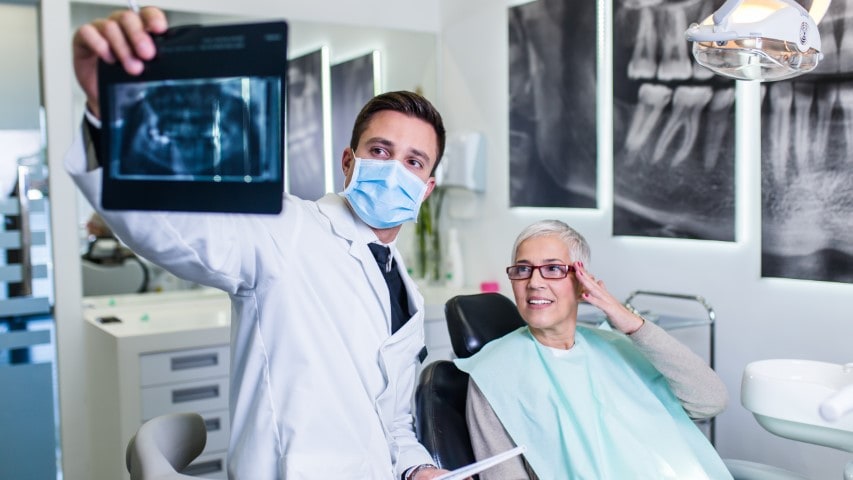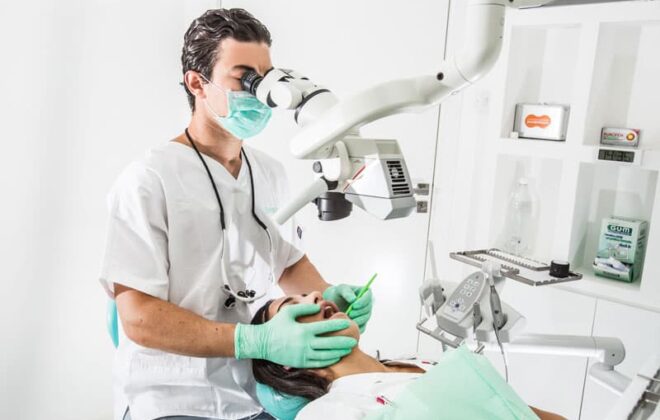Benefit from a CT Scanner for Root Canal Treatment
You may have heard a CT scanner is used along with dental implant placement; however, the advanced technology can be used for a variety of treatments. Believe it or not, using a CBCT scanner for root canal treatment is becoming a common practice. It gives your endodontist a crystal-clear image of your tooth and its structures, which aren’t possible using a traditional X-ray. If you need root canal therapy, here’s why you should consider an endodontist with a CT scanner.
What Is a Root Canal?
A root canal is an endodontic procedure that extracts the inner layer of the tooth called the pulp. Although the procedure is common, it’s only recommended when there aren’t any other solutions to save a severely damaged tooth, such as from an infection. The success of the procedure relies on the tooth and its root chambers being completely cleaned out to ensure bacteria or decay don’t linger behind. Once the tooth has been cleaned, it is sterilized before being sealed with a special material called gutta-percha.
The procedure has a high success rate, but curved or narrowed canals can be difficult to treat, causing the procedure to fail. Some people have complicated canals with multiple nerve branches. A CT scanner provides highly detailed images to assist your endodontist.
How Does a CT Scanner Help?
The process of treating the tooth isn’t as easy as it sounds. Your dentist must consider several things, such as the number of roots and even blood vessels. Traditionally, a dentist would rely on X-rays, which don’t always provide clear images, leaving room for unintentional error.
A CT scanner removes the risk of unnecessary complications. The machine captures cross-sectional images to view soft tissues, bones, and blood vessels. It also allows your endodontist to see specific physical traits, like the depths of the root chambers. No issue will be overlooked, such as:
- Canal perforations
- Broken instruments
- Problems with previous root canals
- Undetected oral health problems
- Insight into potential complications
A CBCT scanner is also quicker and safer than a standard X-ray. A full scan can be completed in less than 1 minute for minimal radiation exposure. Studies have found the radiation dose to be extremely low to non-existent.
What Are the Advantages of a CBCT Scanner?
The 3D technology offers several advantages over more traditional imaging methods, such as:
- Less radiation exposure
- Less time in the dental chair
- Reduced risk of error
- Avoid future complications
- Precise and accurate results
- Cost-effective option
Article originally appeared at: https://www.nc-endo.com/
Author: Afton Endodontics



